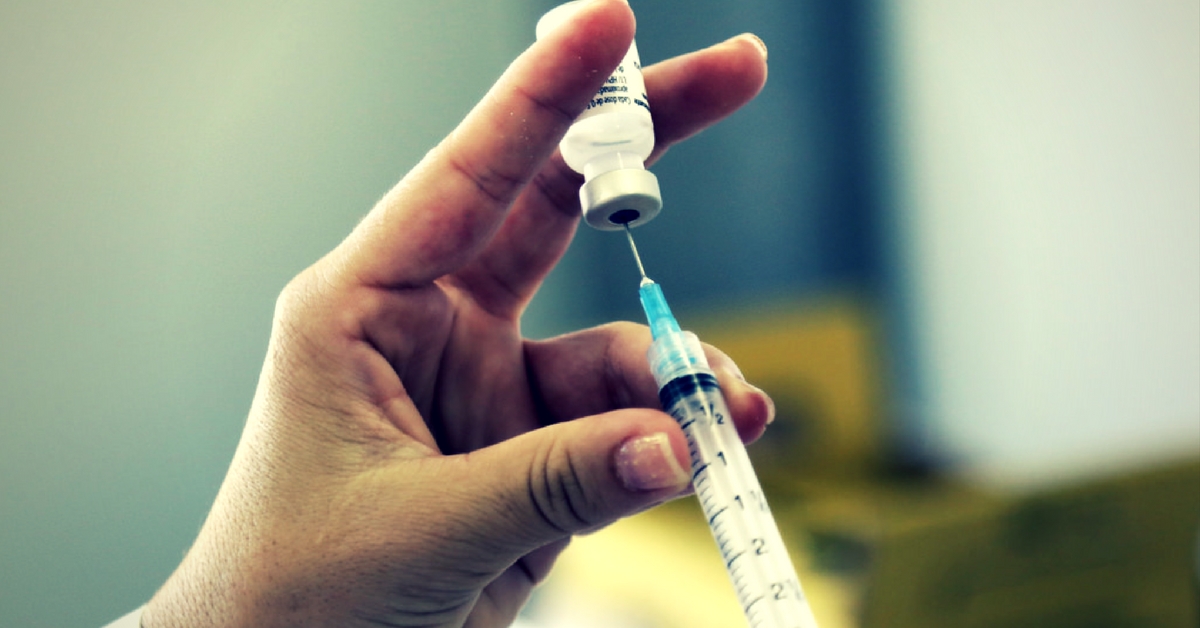Bharat Biotech had sought an emergency use authorisation to administer the COVID-19 vaccine Covaxin to children aged between 2 to 18. The Subject Expert Committee (SEC) of the drug regulator has recommended granting this emergency use authorisation.
This is a significant decision given that Zydus Cadila’s DNA COVID-19 vaccine for children aged above 12 has already been approved. This decision brings a huge relief to parents of school going children given that educational institutions are now beginning to welcome children back to physical school.
By approving the Pfizer COVID-19 vaccine for children as young as 12 years of age, Canada became the first country in May 2021 to grant this authorisation. In June, China began to allow some children from 3 to 17 years of age to be offered shots of a vaccine produced by drug-maker Sinovac, making it the first country to approve a jab for such a young demographic.
While there are some countries trying to expedite the vaccine rollout for children as well, children aged 12 to 15 in Sweden are only eligible for a vaccine if they have lung disease, severe asthma or another high-risk medical condition.
According to Dr Randeep Guleria, Director All India Institute of Medical Sciences, New Delhi, children in the 2-18 age group must be vaccinated “because that’s the only way to get rid of the pandemic”.
Things to know:

- The SEC has submitted its recommendation to the Drugs Controller General of India (DCGI) for final approval.
- This comes after the SEC in May 2021 heard the company’s proposal of conducting trials among children and granted the requisite approval for conducting trials.
- Earlier this month the DCGI received Bharat Biotech’s data from its Phase II and III clinical trials, which were conducted on children from the 2-18 age group.
- During the trial phase, two doses of the Covaxin vaccine were administered to 528 children, 28 days apart.
- The data based on Phase II and III trials have not yet been made public.
- While the vaccine has been granted emergency use authorisation the World Health Organisation (WHO) is yet to grant emergency use authorisation to Covaxin.
- While the SEC has granted emergency use authorisation, it has also laid down four conditions to be followed:
- The developer of Covaxin will continue the study as per Whole Virion, Inactivated Coronavirus Vaccine the approved clinical trial protocol.
- The firm should provide updated Prescribing Information/Package Insert (PI), Summary of Product Characteristics (SmPC) and Factsheet.
- The firm should submit safety data, including the data on AEFI and AESI, with due analysis, every 15 days for the first two months and monthly thereafter and also as per requirement of New Drugs & Clinical Trials Rules, 2019.
- The firm should submit a risk management plan.
- While the gap between doses for adults is four to six weeks, a shorter gap of 28 days between the two doses administered to children is likely.
- A detailed SOP from the centre is awaited to get more clarity on when the vaccine is likely to be available and who will get access to it first.
- With two vaccines already having got approval, Covavax that will be manufactured by the Pune-based Serum Institute of India and Hyderabad-based Biological E’s Corbevax are also likely to start trials for this demographic soon.
(Edited by Yoshita Rao)
No comments:
Post a Comment